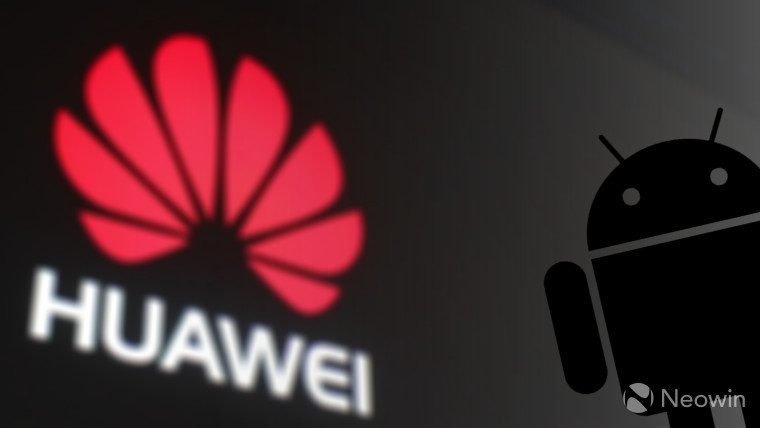
It's no secret that relations between the United States and Huawei have become a bit strained. The current administration in the U.S. has made some serious accusations against the Chinese firm, saying that its 5G equipment could be used to spy on Americans and send that data back to the Chinese government.
And after trying for years, Huawei still hasn't been able to get a U.S. carrier to sell its phones, although it came close last year with AT&T and the Mate 10 Pro.
As it turns out though, Huawei has a plan for if relations with the U.S. get too strained. You might recall that ZTE had some issues with the U.S. after it was found that the Chinese company was subverting U.S. sanctions on Iran. ZTE ended up being banned from purchasing any parts from the United States.
But Huawei has a plan for if this were to ever happen to it. If things ever got so bad that it couldn't license Android or Windows anymore, the company has built its own operating systems, Huawei's Richard Yu Chengdong tells Die Welt. However, a Huawei spokesperson followed up, clarifying that “Huawei does have backup systems but only for use in extenuating circumstances. We don't expect to use them, and to be honest, we don't want to use them,” going on to say “We fully support our partners' operating systems – we love using them and our customers love using them. Android and Windows will always remain our first choices.”
Huawei is the second largest smartphone manufacturer in the world, and it's still rapidly growing. The only OEM that sells more smartphones than Huawei is Samsung. It seems likely that even if the U.S. government doesn't want Huawei, Google will still want it as a customer. There are plenty of customers across the world that would be impacted if their new Huawei phone couldn't run Android apps.

















16 Comments - Add comment